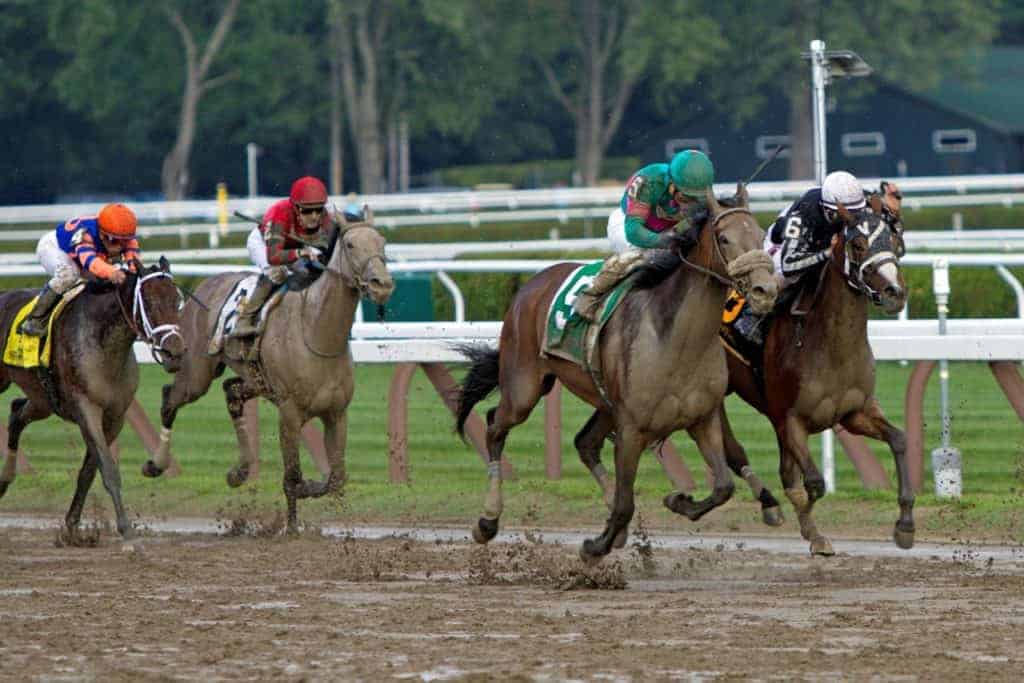
Updated Security Protocols for Blue Grass Stakes Horses
Measures include out-of-competition drug testing, increased security, monitoring veterinary records, and more.

Measures include out-of-competition drug testing, increased security, monitoring veterinary records, and more.

Protocols will include out-of-competition drug testing, heightened security, publicized veterinary records, and more.
The Ontario Racing Commission will work with the racing industry to develop a practical approach to cobalt testing.

The Jockey Club budgeted $250,000 for out-of-competition testing for tracks hosting graded stakes races in 2015.
The program includes a new primary testing lab, an audit lab, expanded out-of-competition testing, and cobalt testing.
David Howman will discuss the organization’s efforts in bringing international consistency to anti-doping policies.

The legislation would require the New Mexico Racing Commission to establish rules for handling drug testing specimens.

Regulators are paying close attention to this seemingly innocuous trace mineral found in B vitamins. Find out why.
Legislation governing equine medication policy is scheduled to be heard Feb. 18.

A number of samples from Thoroughbred racehorses recently came back positive for anabolic steroids.
The sales company will begin implementing guidelines for controlled therapeutic medications this spring.

The RCI intends to take the lead role in gathering the information needed to set racehorse medication policies.

A new approach could not only target blood- and gene-doping, but also help identify horses at risk of injury.
The colt’s bloodwork showed the presence of altrenogest, a product typically used to regulate mares’ estrous cycles.
The policy says racehorses must not be given anabolic steroids. Positive tests will result in a 12-month training ban.

Three trainers received suspensions and fines in conjunction with positive stanozolol tests.
Stay on top of the most recent Horse Health news with
"*" indicates required fields